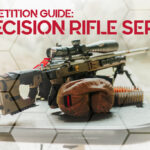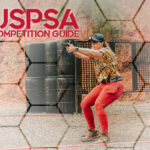
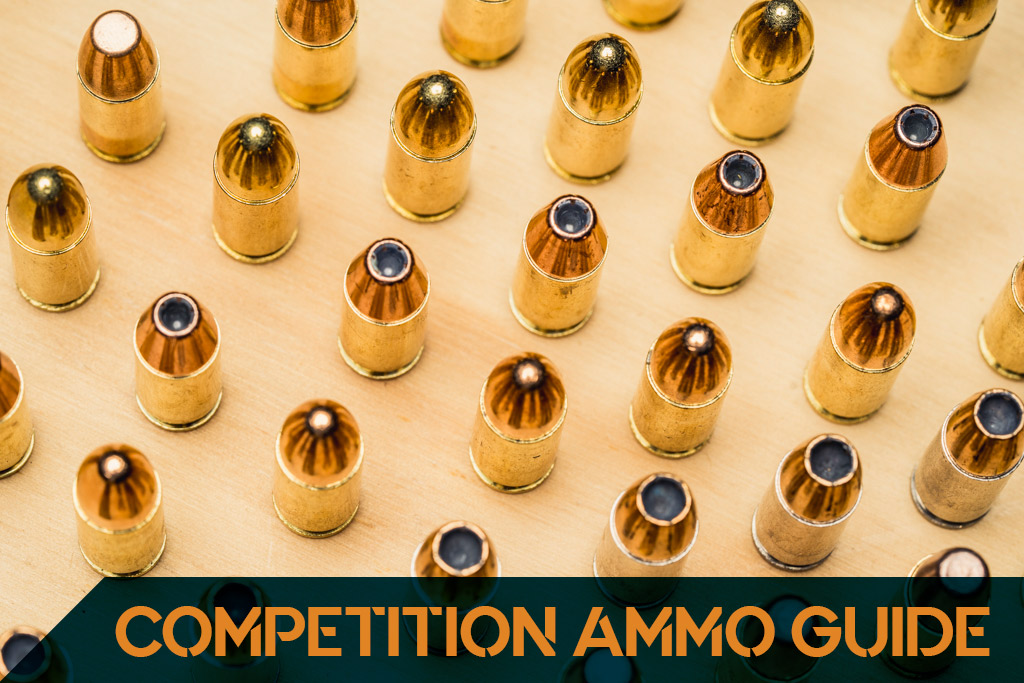
Guest Writer: Kenzie Fitzpatrick
The ammo you use for shooting competitions is different from the ammo you use for plinking and practicing. For the same reasons you wouldn’t carry full metal jacket ammo for self-defense in your concealed carry pistol: you use different tools for different jobs.
With all the available options, selecting the right ammo for a competition may seem like a daunting task, but there are key factors to look for that should help you make a decision. We’ll take a look at those factors together below and make a few suggestions to help you get started.
Is Your Ammo Ready For Practice, Or Competition?
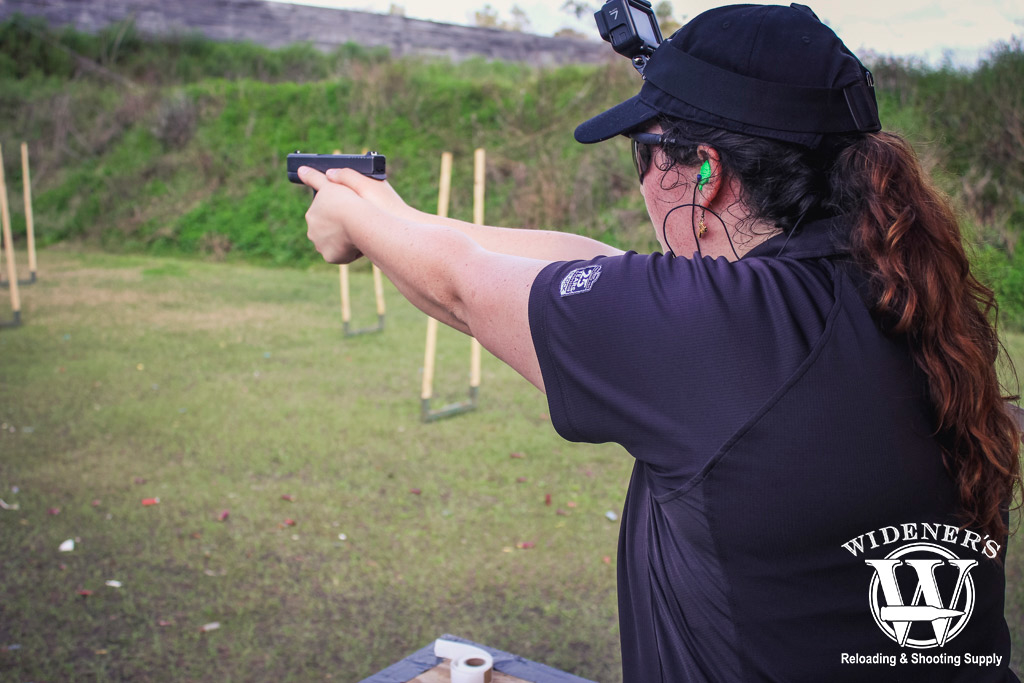
What’s the big deal? Is there really a difference between competition and practice ammo?
Like most competition shooters, I practice with different ammo than I shoot with in actual competition matches. My practice ammo is generally an affordable bulk load, given the volume I tend to shoot when I’m getting ready for a match.
So how do you select the right ammo to practice with or load up for a competition? There are some important factors you need to consider. Take a look at this easy guide I created for you below.
How To Select Practice Ammunition:
Practice ammunition serves a different purpose than competition ammunition. Here are some things to look for in practice ammunition:
-
Affordable Ammunition
The cheapest bulk pricing is what I’m looking for in practice ammunition, even if it’s not the greatest quality of ammo. If you’re using a reputable manufacturer’s ammo, it won’t happen often but failures can occur. The more practice I have clearing stovepipes and other malfunctions on my own, the better prepared I am for a competition when my stress levels are higher.
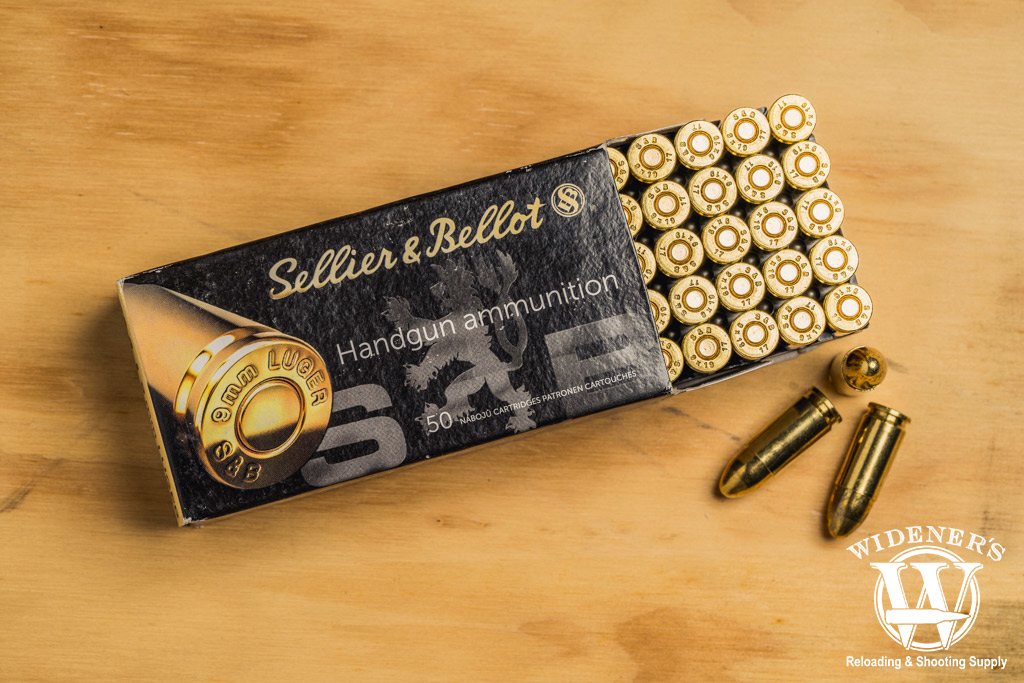
Sellier & Bellow makes a 115gr 9mm round that’s perfect for practice or plinking at the range.
-
Brass Casings VS Aluminum
I’m not a fan of aluminum casings, even for competition practice. They tend to behave differently than brass, especially when the gun is hot. Aluminum is fine for plinking, but I don’t want to anything to slow me down, even when I’m practicing. I also like to reload occasionally and therefore, I prefer to shoot ammo with brass casings since aluminum is not reloadable.
-
Reloaded Ammo
I occasionally shoot reloaded ammunition while practicing for competition. If you are willing to put in the time to reload your own ammo, you can save yourself a few dollars. Otherwise, I suggest only using ammo that has been reloaded by a trusted source. It’s not uncommon to hear stories about shooters using reloaded ammo losing a pistol barrel (or losing worse!)
-
Lower Bullet Weight
The bullet weight, or grain of ammunition refers to the weight, in grains, of the projectile or bullet. I practice with 115gr ammunition which means the bullet going downrange weighs 115 grains. The lower the grain, the faster the bullet.
In practice, I’m not concerned with the weight or velocity, so typically the lower the grain, the cheaper the price.
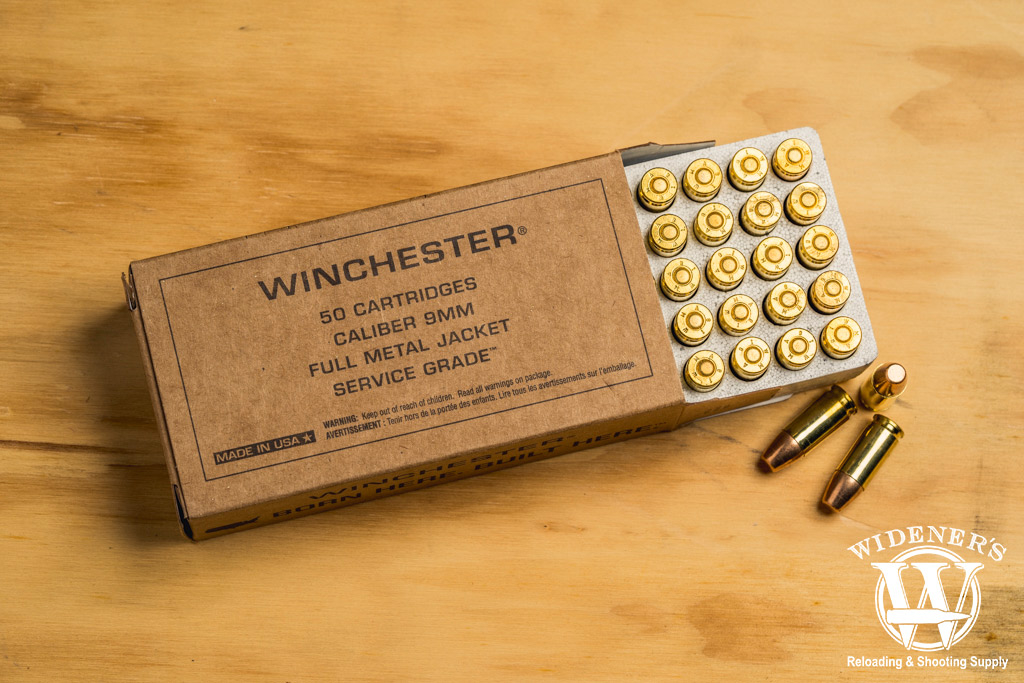
Winchester Service Grade is an affordable 115gr 9mm option for competition training at the range.
How To Select Competition Ammunition:
In selecting competition ammunition you want to choose the best quality, and performance for the right price. Here are some things to look for in competition ammunition:
-
High Quality Ammunition
Besides your mastery of basic shooting skills, your ammunition selection plays a big part in overall performance at a competition. I look for high-quality ammunition that meets the major power factor and my performance standards. Minor power factor is 125 and major is 165 in USPSA competition, for example, so you will want to search for ammunition that meets the minimum requirements of the category you’re shooting in.
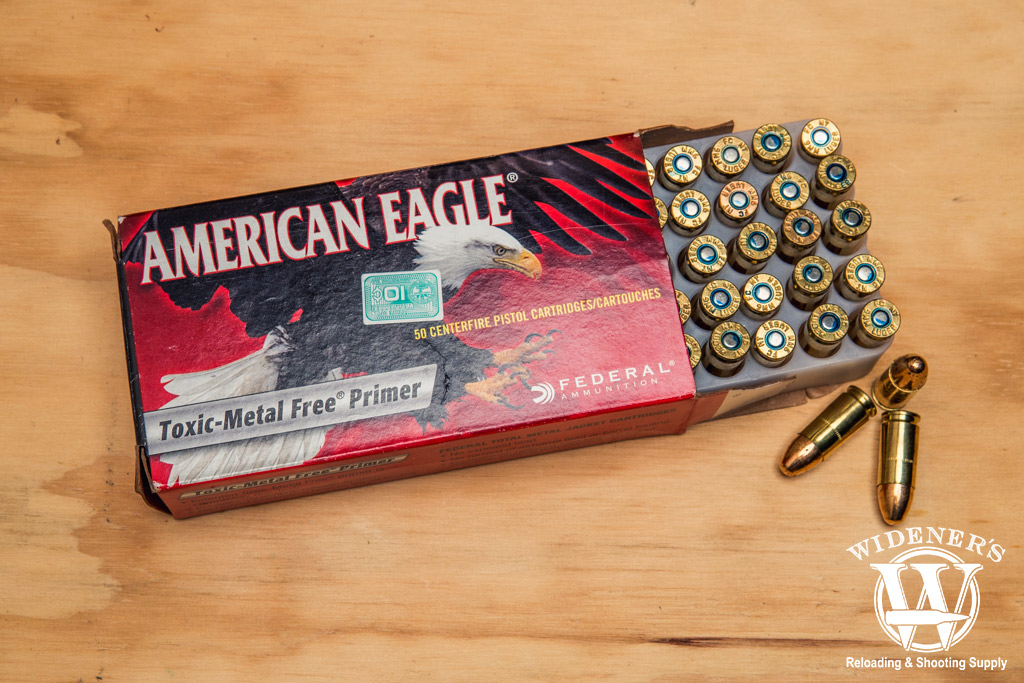
The Federal AE 9mm TMJ line comes in 115gr, 124gr and 147gr making it a great option for practice or competition.
-
Product Reviews
If you are trying to choose competition ammo, you’ll find that there are a lot of options, and it can be overwhelming. I personally talk to other shooters and read trusted product reviews of ammunition online. If I find myself having a hard time choosing between two or more products, I make a list of the benefits of each and narrow down my selection based on the performance specifications and category requirements I know I’ll be using them in.
-
Brass Cased Ammo
Just like with my practice ammunition, I don’t like to use anything other than brass-cased rounds in a competition setting. I’m looking for the most reliable ammo with the best performance.
-
Reloaded Ammo
You will find many shooters who do reload their own ammunition for competitions, it speaks to their level of confidence and dedication to the craft. Since I prefer to spend my time on the range, instead of in front of a reloading bench, I put my confidence in shooting factory loaded ammo in competitions, rather than in my reloading capabilities. Factory loaded ammunition can still have flaws, but statistically, it is generally less likely to fail.
-
Higher Bullet Weight
The higher the grain, the heavier the bullet. It’s what I use to make the steel sing downrange. The lighter polymer guns I have performed very well with the heavier grain bullets. Since I shoot with a variety of 9mm Glocks, the Federal Syntech 150 grain bullets are perfect match ammo to run in them.
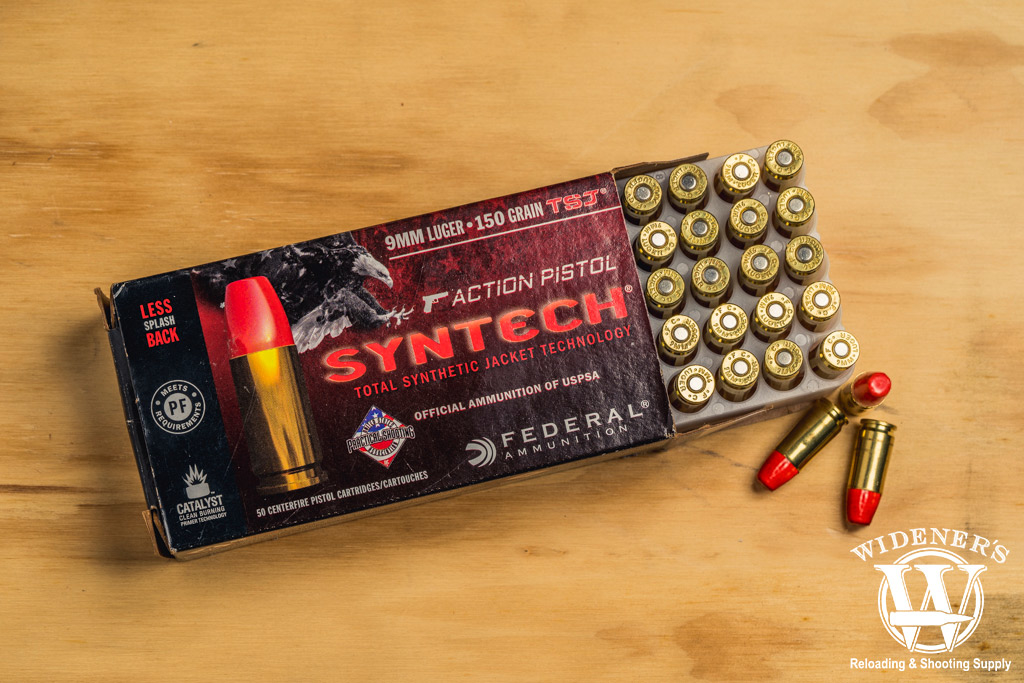
The 150gr Federal Syntech 9mm round is designed to meet minor power factor standards for competition.
Before Competing, Check Your Ammunition
Safety first! Don’t assume that your ammunition is ready to go for competition use straight out of the box. Take time to look at your ammo and inspect it before use.
- Cracked Casings – Damaged casings are one of the biggest issues with ammunition failures. Factory loads can have variations, dents or imperfections from improper storage or transportation. If it’s reloaded brass, casings can split, even if they’ve only been resized once. I visually check every round before a competition just to make sure the brass is clean and it looks good.
- Non-Level Primers – It’s rare, but I have had primers not be flush with the brass, it’s dangerous to fire these rounds and can cause a lot of issues. Visually inspect your ammo and do not attempt to fire rounds with non-level primers.
- Correct Round Length – Ammunition length is very important, especially for certain firearms. If one round is shorter than another, you could encounter a double feed error. The easiest way to spot this is in boxed ammo or putting reloaded ammo into the boxed ammo case so you can make sure they all sit at the same size length.
Are You Ready To Compete In A Match?
Hopefully, this guide has helped make it easier for you to select the right ammo for practice and competition shooting. Think you’re ready to compete in a match but not sure where to start? Don’t worry, we’ve got you covered! Check out the article for USPSA & IDPA Competition Shooting and the GSSF Match Guide on the blog. See you out on the range soon!


